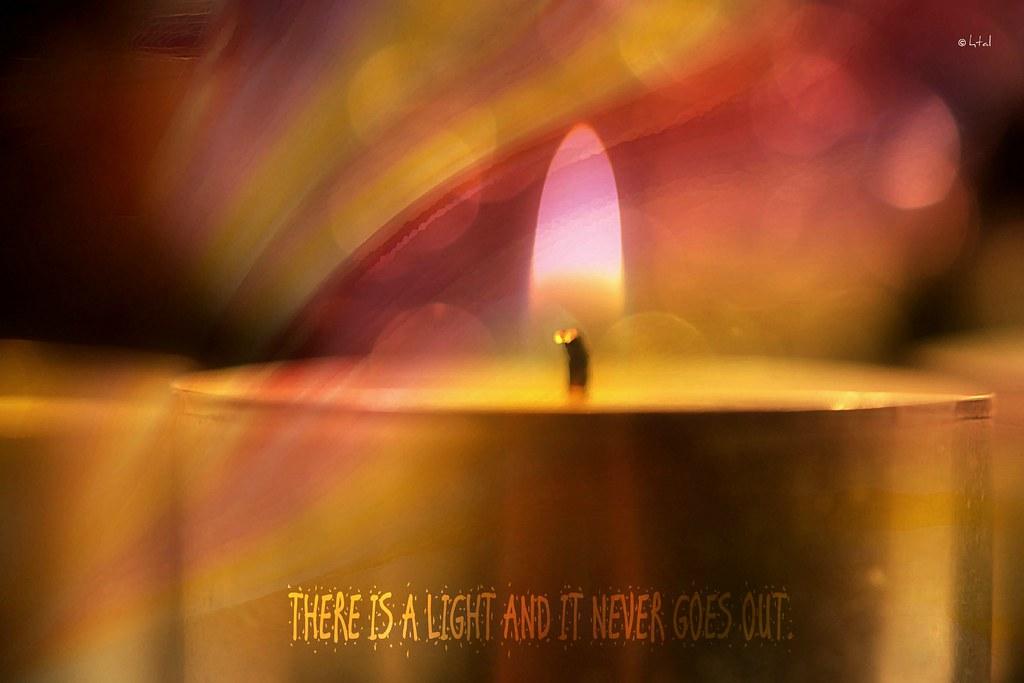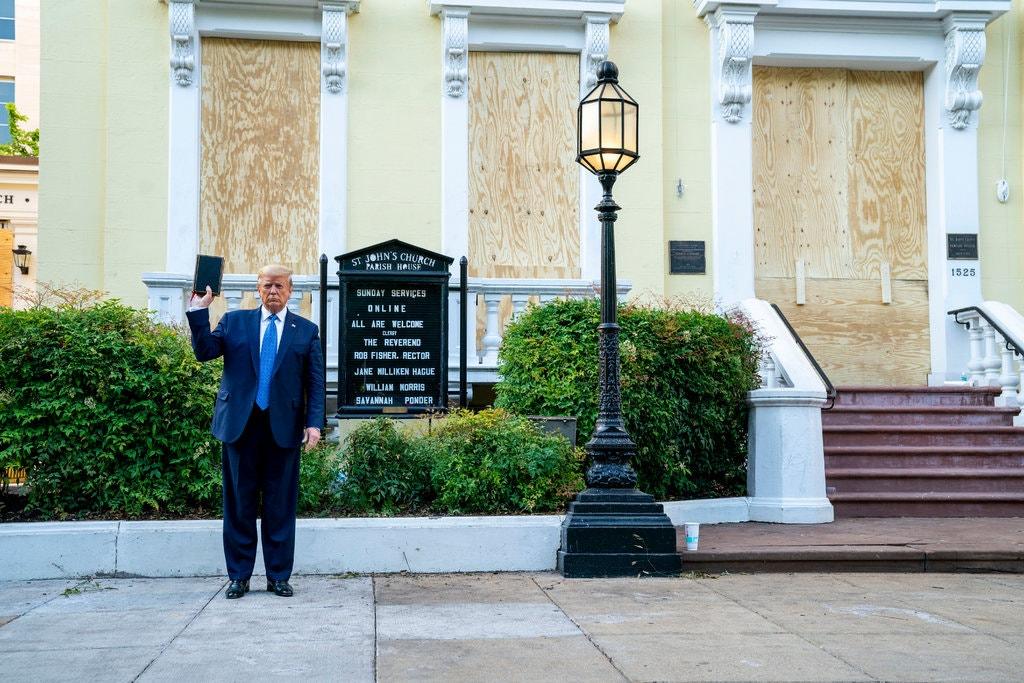
The practice of God’s presence in Christian tradition stretches back to beginning of the faith. “Pray without ceasing,” Paul wrote to the Thessalonian disciples. “In everything, give thanks” (1 Thessalonians 5:17-18). These are a few variations on the internal practice of keeping in constant touch with the indwelling Christ as the source of one’s life. This practice seems to have been the mainstay of the early Christian communities.
It was Brother Lawrence who popularized our modern concept of practicing the Presence. Writing in the seventeenth century, he said, “I possess God as much in the busyness of the kitchen with multiple people calling for my attention as I do when on my knees before the blessed Sacrament.” Lawrence didn’t arrive at such overwhelming God-consciousness overnight, but through the daily discipline of attuning his mind to the overtures of the indwelling Spirit. They don’t call it a “practice” for nothing, you know.
Other people have written about this practice through the centuries, from Catholic mystics Jeanne Guyon and Francois Fenelon to Protestant missionary Frank Laubach and Quaker educator Thomas Kelly. Each of their experiences are unique, yet they all ring with the same vibrant note of spiritual discovery.
LIFE FROM THE CENTER
Life is meant to be lived from a Center, a divine Center… Life from the Center is a life of unhurried peace and power. It is simple. It is serene. It is amazing. It is triumphant. It is radiant. It takes no time, but it occupies all our time. And it makes our life programs new and overcoming. We need not get frantic. He is at the helm. And when our little day is done we lie down quietly in peace, for all is well. ~ Thomas Kelly, A Testament of Devotion
Like Brother Lawrence, Thomas Kelly didn’t arrive at this wonderful reality all at once. Undoubtedly, he knew what it meant to lead a frantic, troubled life. In fact, Kelly writes that as a young man he was fraught with anxiety. His distressing inner turmoil culminated when he failed to pass the oral test for his doctorate dissertation due to a memory lapse. Following the emotional impact of that experience, Kelly embarked upon a new life “hidden with Christ in God” (Colossians 3:3) which, in terms familiar to Robert Frost readers, “made all the difference.”
When Kelly writes that life is “meant” to be lived from a divine Center, he implies that life is often not what it should be–indeed, that we are not often what we should (or could) be. Tragically, the ultimate meaning of human existence has been relegated to the sidelines in most people’s lives. This separation, with its resulting brokenness, is what the Christian tradition refers to as sin. Call it whatever you want, but the fact is that most people live broken, divided lives.
HEALING THE DIVIDED SELF
Psychotherapists suggest that every individual is a collection of multiple sub-personalities, or a “society of mind.” Therapeutic models such as the Internal Family System (IFS) distinguish these internal aspects of our makeup in various ways, whether as firefighters (the parts that try to protect us from pain), exiles (the broken parts we are ashamed to acknowledge), or managers (the parts that try to suppress our exiles).
Furthermore, they tell us that though our various “parts” share a common history, they rarely communicate with each other–hence the concept of the “divided” self. This condition is especially true of people with severe trauma. The process of becoming whole, then–or what we might call salvation, practically speaking–involves the mindful re-integration of our various “selves” into a healthy, unified whole.
Professional practitioners of the inward journey further propose that somewhere beneath the surface of our divided selves is an “undamaged essence” that is “calm, confident, and secure” (see The Body Keeps the Score by Bessel A. Van der Kolk) The latest findings of neuroscience also support this claim. They lament, however, that most people — far from being able to live from this Center — are hardly even aware it exists. Healing, we are told, comes by finding and prioritizing the leadership of this Center above all other voices that seek to control our lives.
But what is this undamaged essence beneath the surface of our divided selves? Here is where the mystics step in to declare: The “undamaged essence” at the center of our being is nothing less than the indwelling Christ — humanity’s long forgotten source of Life, and indeed our only “hope of glory” (Colossians 1:27). St. John of the Cross agreed with Paul when he wrote that “human health consists in the continuous and conscious experience of God’s presence.” Pray without ceasing? Yes, indeed!
PRACTICE MAKES PERFECT
Be perfect, as your Father in heaven is perfect. ~ Jesus
Traditional English translations of Matthew 5:48 are unfortunate in their use of the word “perfect,” for the original language conveys something more like our “complete,” “mature,” or “whole.” In other words, Jesus wasn’t admonishing his disciples to be flawless according to our modern understanding of perfection. Rather, he was calling them to a life of wholeness — to become complete as God is complete. This is the same end Paul had in view when he told the Colossians that his goal was to present everyone “perfect” in Christ.
Becoming whole is a process that begins with the soul’s initial turning to God and proceeds on the same continually renewing basis (this is the practice of repentance and faith). The recovering sinner learns, little by little, to live from a new, divine Center of being. And as she goes, like the lepers who obeyed Jesus’ instruction to present themselves to the priest, she is healed (Luke 17:15-18).
HOW TO ABIDE IN CHRIST
So, begin with the simple realization that there is within you an eternal element. Call it consciousness, or the Spirit, or the True Self — call it whatever you want — but recognize its presence. Acknowledge the fact that you have lived separate from this Source, an Edenic exile from the place wherein God dwells and waits to walk with you, but that the good news is you may return to this fellowship at any moment. Indeed, you will need to return again and again, for this life, as noted in the Christian tradition, is one of continuing faith and repentance.
Make time each day to center yourself and consciously “abide” in this place. Employ whatever meditative practices aid you in this endeavor. Be still, and know. As you learn to turn aside from the busy restlessness of your wandering mind, you will find that there is an altogether different kind of activity taking place in the unconscious undercurrent of the Spirit, and that “the mind set on the Spirit is life and peace” (Romans 8:6).
This is your home, your source of Life, and the eternal spring of living water. The more you return to this place, the less you will ever need to leave it, until one day, along with Lawrence and Kelly and all the others who have enjoyed this divine communion through the ages, you will know in your own heart what it means to “abide in Christ.” In that day, the Gospel will have achieved its end in your life.











